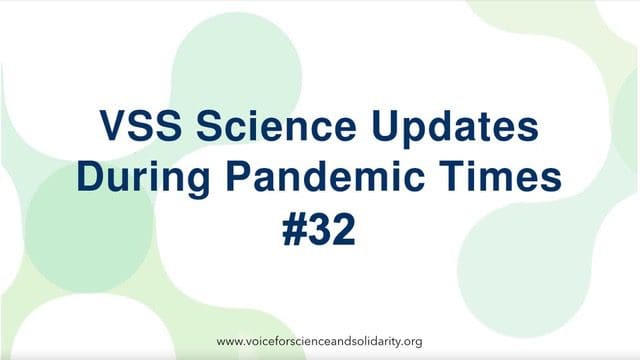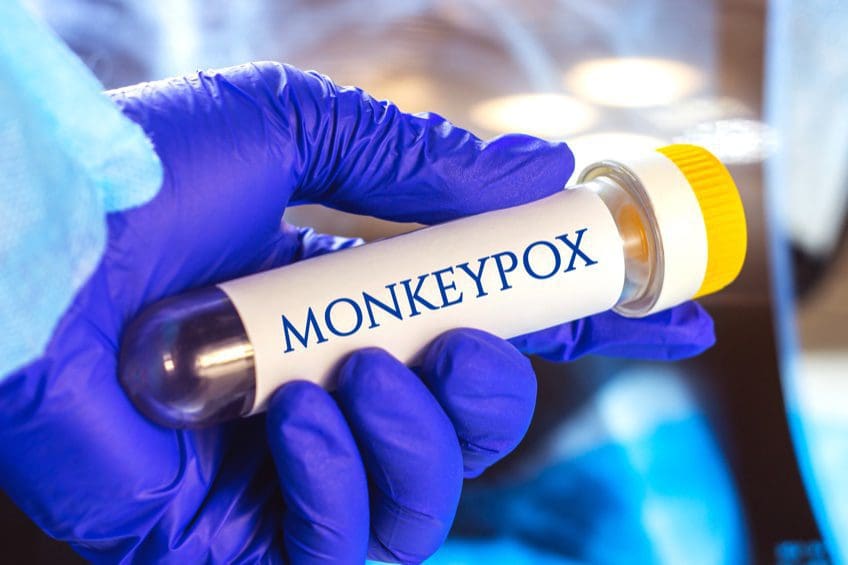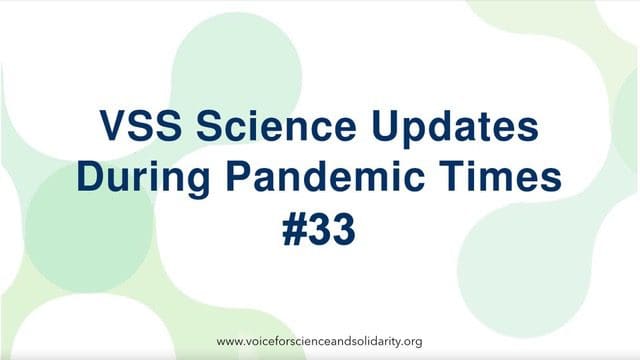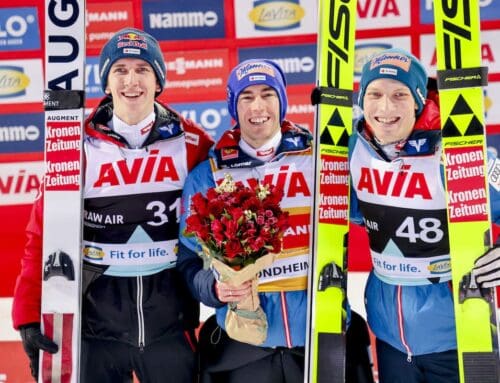

Voice for Science and Solidarity: VSS Scientific News in the Pandemic Era #32
Introduction
The COVID-19 pandemic has affected every aspect of life, including the scientific community. Researchers have had to adapt to new ways of working, with many laboratories closing or operating at reduced capacity. However, despite these challenges, the scientific community has continued to make progress in understanding the virus and developing treatments and vaccines. In this article, we will explore some of the updates from the scientific community during the pandemic.
Research Updates
One of the most significant developments in the scientific community during the pandemic has been the development of vaccines. Multiple vaccines have been developed and approved for use in various countries, including Pfizer-BioNTech, Moderna, and AstraZeneca. These vaccines have been shown to be highly effective in preventing COVID-19 and have been rolled out to millions of people worldwide.
In addition to vaccine development, researchers have also been working to understand the virus and its effects on the body. Studies have shown that COVID-19 can cause a range of symptoms, from mild to severe, and can lead to long-term health problems in some cases. Researchers have also been investigating the long-term effects of COVID-19 on the brain, with some studies suggesting that the virus may cause neurological damage.
Another area of research during the pandemic has been the development of treatments for COVID-19. Several drugs have been approved for emergency use, including remdesivir and dexamethasone. These drugs have been shown to be effective in reducing the severity of COVID-19 symptoms and improving outcomes for patients.
Challenges and Solutions
Despite the progress made by the scientific community during the pandemic, there have been significant challenges to research. Many laboratories have had to close or operate at reduced capacity, making it difficult for researchers to carry out experiments and collect data. There have also been delays in the publication of research due to the need for peer review and the high demand for COVID-19 research.
To overcome these challenges, researchers have had to adapt to new ways of working. Many have turned to virtual collaboration tools to communicate with colleagues and share data. Others have focused on computational research, using computer simulations to model the virus and its effects on the body. Some researchers have also turned to preprint servers to share their findings more quickly, bypassing the traditional peer-review process.
Conclusion
In conclusion, the COVID-19 pandemic has presented significant challenges to the scientific community, but researchers have continued to make progress in understanding the virus and developing treatments and vaccines. The development of vaccines has been a significant achievement, and the rollout of these vaccines offers hope for a return to normalcy. However, there is still much to learn about the virus and its long-term effects, and research will continue to be essential in the fight against COVID-19
Original article Teaser
VSS Scientific Updates During Pandemic Times #32 | Voice for Science and Solidarity
1. Is COVID Prematurely Aging our Immune Systems? “The concern is that people will be less able to hold off future bugs and pathogens like influenza, or that unsettled immune systems could lead to an increase in diabetes and other auto-immune diseases.”https://nationalpost.com/health/is-covid-prematurely-aging-our-immune-systems2. Comparative Pathogenicity of SARS-CoV-2 Omicron Subvariants Including BA.1, BA.2, and BA.5“Although in vitro growth kinetics of BA.5 is comparable among the Omicron subvariants, BA.5 become much more fusogenic than BA.1 and BA.2. The airway-on-a-chip analysis showed that the ability of BA.5 to disrupt the respiratory epithelial and endothelial barriers is enhanced among Omicron subvariants.”https://www.biorxiv.org/content/10.1101/2022.08.05.502758v13. NorthShore Reaches $10.3M Settlement in Vaccine Mandate Case“As part of the agreement, Liberty Counsel said NorthShore will change its policy to
Details to VSS Scientific Updates During Pandemic Times #32 | Voice for Science and Solidarity









